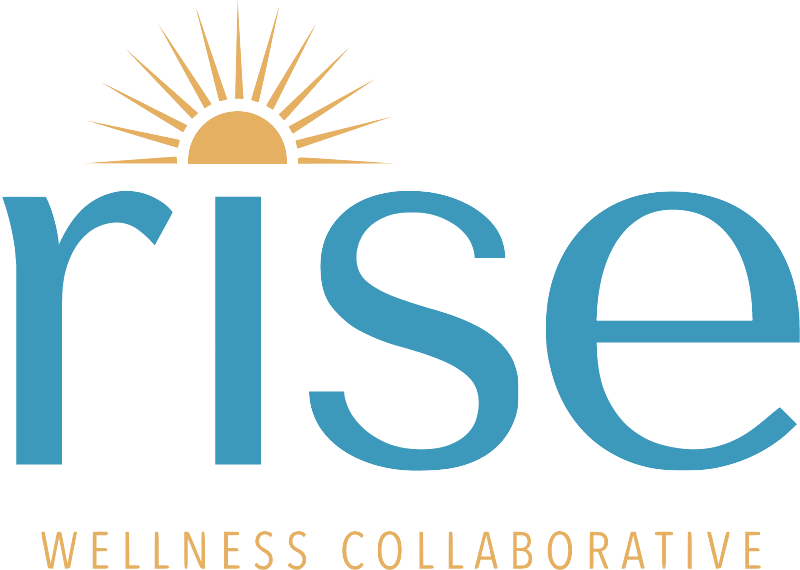Adoption & Foster Care Support
Adoption and foster care can lead to many positive outcomes for children and families. Often, however, children who are adopted or who have experience in foster care, are at increased risk for mental health and behavioral concerns due to early childhood trauma, disruptions in attachment relationships, and separation from biological family. This may result in difficulty forming new relationships, anxiety, depression, post-traumatic stress disorder, and questions about identity.
Families who adopt or provide foster care to children may, in turn, experience both the joy of welcoming a new child into their home and challenges in navigating the child’s experiences. Parents/caregivers may face uncertainty about responding to a child’s behaviors in a nurturing way, developing a secure relationship with the child, or integrating a new child into their family. In addition, adopted children raised in loving, nurturing homes, may feel conflicted about the adoption experience, including feelings about being “given up” for adoption, their birth families, and their own identities.
In order to support children and caregivers through these experiences, we use a variety of approaches, including trauma-based therapy, play therapy, developmental guidance, psychoeducation, parent-infant/child therapy, and developmental guidance to support children and families as they navigate these complex experiences.
Through therapy, we can support children and families to:
Process trauma, including PTSD
Heal attachment issues, including repairing experiences of disrupted or insecure attachments
Manage mental/behavioral health concerns, including anxiety and depression
Explore identity, including helping parents to explain adoption to their child and helping children to navigate the experience of being adopted

